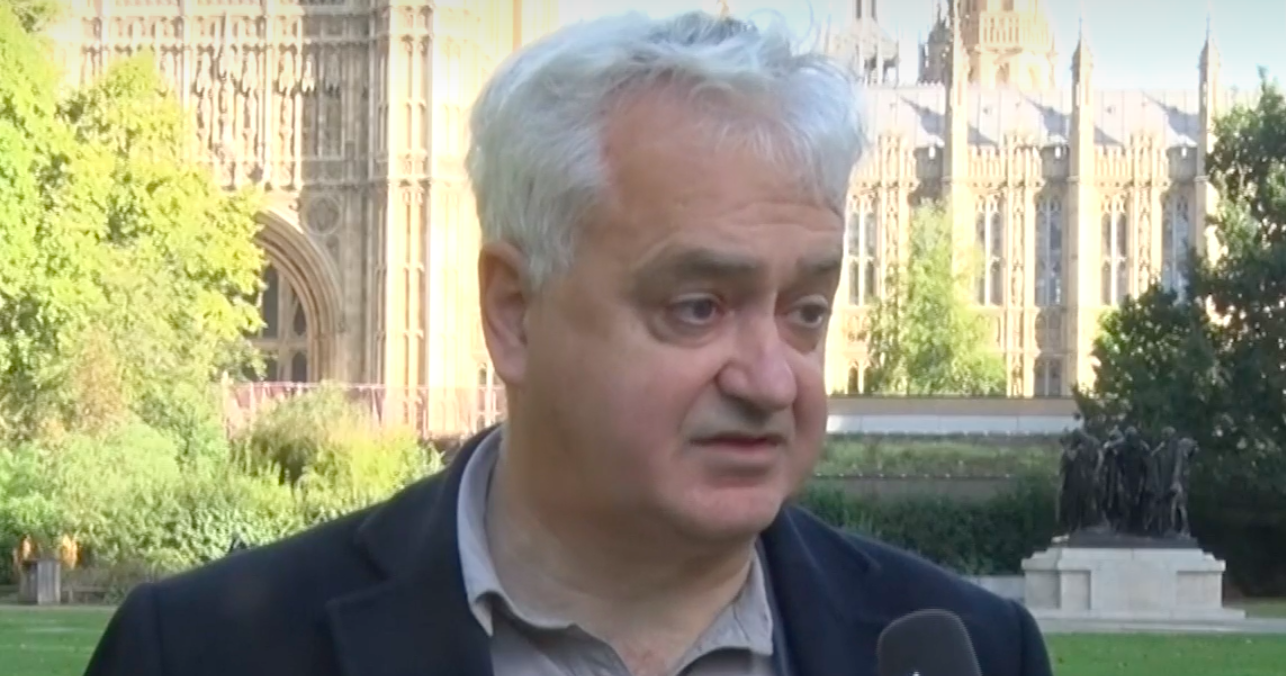Socialism has not been a recurring present in Britain’s government. The 1945 general election led to the return of Britain’s first Labour majority government and an election manifesto that declared it to be a socialist party. The Attlee government created the modern welfare state and the NHS, and nationalised public utilities.
We have not seen a socialist government to this extent in power since, but why?
Andrew Murray was one of Jeremy Corbyn’s advisors whilst he was leader of the Labour party. He was seconded from Unite the Union to Labour headquarters for the 2017 General Election.


“A socialist society is one of social equality, where everyone has the chance to make the most of themselves as a collective. I believe that can only be achieved when the economy is under public control”, says Murray, who argues that Britain needs to re-mould its concept of class systems and power.
He says that the current Labour party have not set-out a real and efficient agenda, and that their leader Keir Starmer is not a socialist. Commenting on Labour’s recent lead in YouGov polls, Murray said,
“I don’t want to be churlish, but that is almost entirely due to the car crash of Truss and Kwasi Kwarteng”.
Murray’s book, Is Socialism Possible in Britain? analyses Jeremy Corbyn’s tenure as Labour leader and the prospects for parliamentary socialism in a post-Corbyn Britain. The title of the book poses the same question that angered Friedrich Engels over 130 years ago. The co-author of The Communist Manifesto, Engels took umbrage on the concept of English socialism, which he referred to as “that abomination of abominations”.
The book considers whether Labour is a suitable vehicle for the pursuit of socialism, and whether a balance of equality, social justice, and strong economy can ever be attained via institutions like the British parliament.
We spoke with Murray, to ask him whether he thinks socialism is possible in Britain and why he thinks Labour as we know it today have some work to do.

